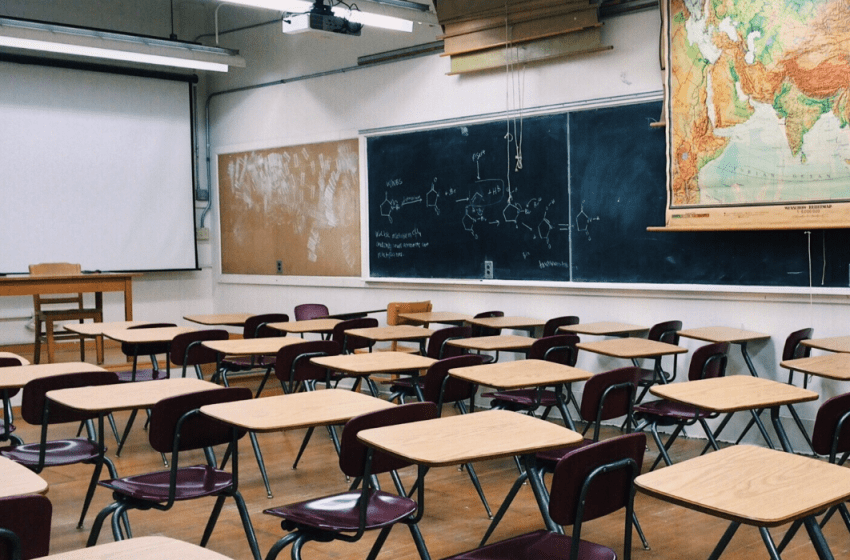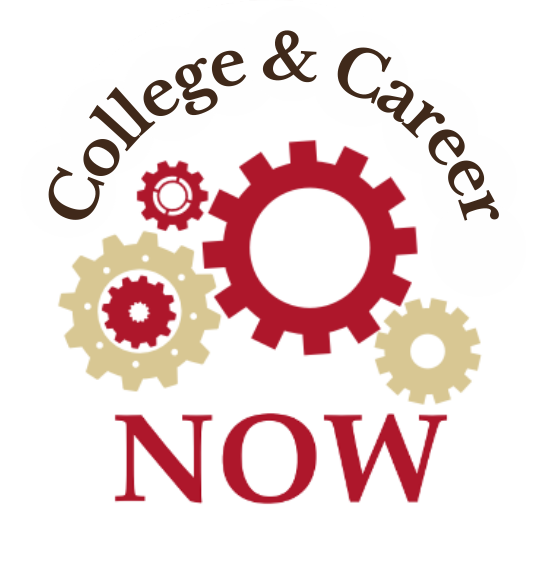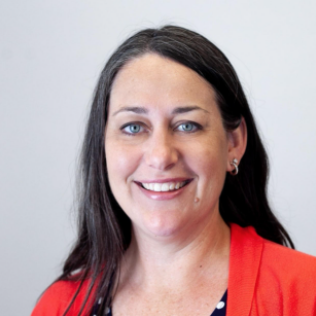
What is the Purpose of High School?
Holly M. Markiecki-Bennetts
High School Counselor
Open up an internet browser and type “What is the purpose of high school?” into the search engine. The results vary, but at the core the message is to prepare for post-high school life. This can encompass career, vocational or college preparation. Too often this preparation is siloed in schools, leaving career and college preparation to the school counseling department. This is problematic. When post-high school life conversations are left to one department or a few individuals, students lose. I remember wondering why I would need to learn how to diagram a sentence when I was in high school, I liked science. Post-high school life taught me that I needed to be able to communicate in writing. When we silo this preparation, students are left to wonder, “why do I need to know this?” I propose a different way of proceeding with college and career preparation, which involves partnerships to close the opportunity gap for all of our students, regardless of the school they attend.
School counselors are trained to help a student navigate the coursework, extra-curricular experiences and the flow of high school. They help students develop goals, learn self-advocacy and help students create a high school plan that supports their dreams. School counselors are trained to help students navigate roadblocks in their high school journey.
Classroom teachers see their students almost daily and are in a position to help link classroom work to life beyond high school. As content experts, they can serve as a bridge between classroom work and subject with life after high school.
I am a dreamer. I envision an educational world where, in every class a student takes, there is a small unit on “What careers are available to you if you like X?” Not just focusing on college majors, but looking at careers. A follow-up to this question is having students explore and share out a career they find interesting that would utilize the classroom content. Leave the method of share-out open, which allows the students to gain insight into their preferred communication style. This simple activity holds power in the life of a student. It helps them link their school experience to the next phase of life. It helps them explore beyond the world they know. It helps them develop their research and communication skills, which are valuable to future employers.
Counselors can support this work as they course-plan with their students, talk about post-high school options and as they help students develop a path to their next phase of life. Creating a building wide approach to career exploration benefits our next generation work-force and helps to close the opportunity gap.

